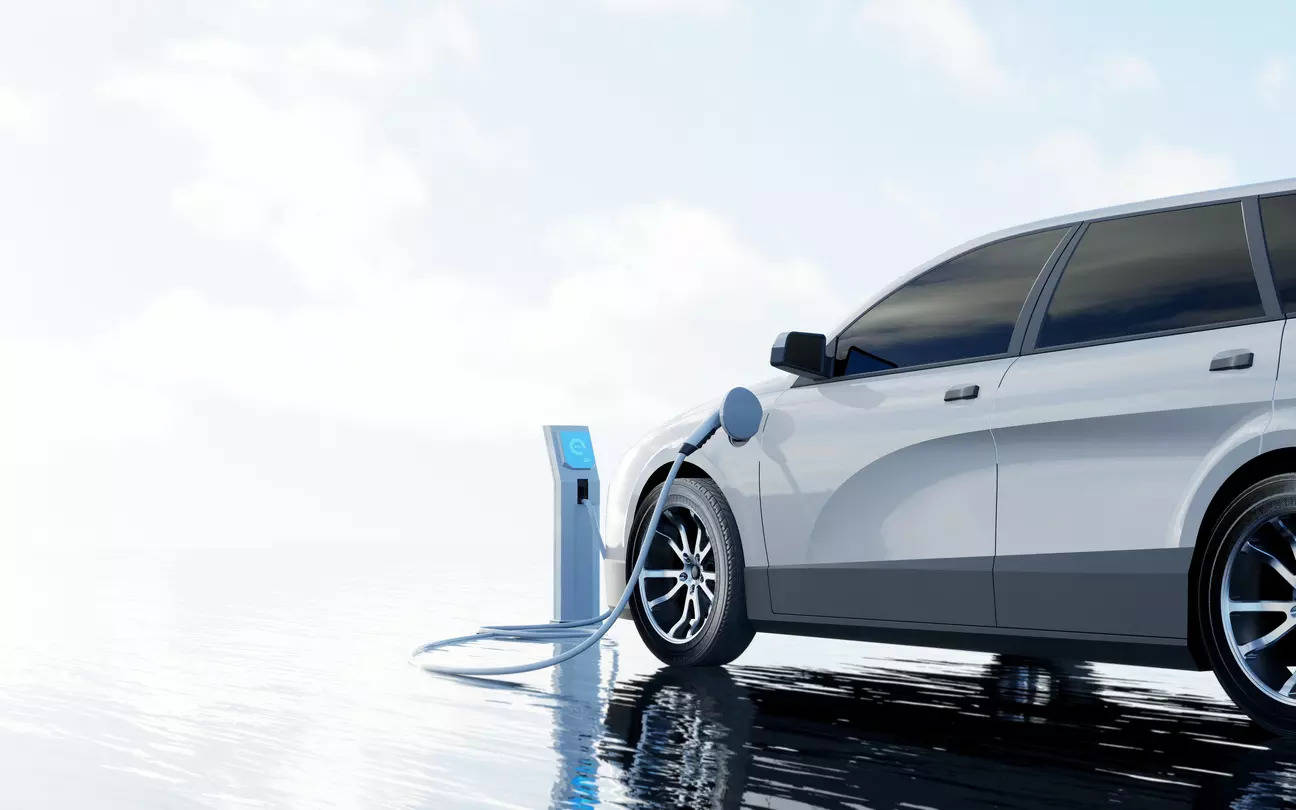
Electric vehicles, or EVs, are steadily making their mark in India‘s growing passenger vehicle market.
A slew of launches of several models with extended range in both the affordable and luxury categories has fuelled a surge in EV adoption to an estimated 2.3% of total PV sales as of December 2023, from 0.48% in 2021. Range is the distance a car can cover in one full charge.
Tata Motors dominates the domestic EV market with its Tiago, Nexon and Tigor models, followed by MG Motor India‘s Comet and Mahindra & Mahindra‘s XUV400.
The electrification wave is also capturing the luxury car segment, where Mercedes EQS has the highest claimed driving range of 857 km, Audi Q8 e-tron at 600 km and BMW i7 a range of 590 km, according to market researcher Jato Dynamics.
With automakers announcing plans to launch more EVs and with prices of lithium-ion battery, which comprise a major portion of an EV’s cost, set to fall further, these vehicles are expected to become more affordable in the coming years and their share in the Indian PV market is only set to rise, say experts.
Homegrown Tata Motors is making a big bet on the segment. “The EV contribution in our portfolio is likely to increase to 25% in five years and reach 50% by 2030,” the biggest player in the domestic electric PV market said in its annual report for FY23.
South Korea’s Hyundai was the first OEM to launch a fully electric SUV, Kona, in India in 2019, and followed it up with the longer-range EV SUV, Ioniq 5, in 2023, which has sold 1,100 units since launch.
“We are committed to introducing more EVs in the Indian market and towards this, we have committed investment on localisation of battery packs, so that we can bring the costs down for EVs,” said Tarun Garg, chief operating officer, Hyundai Motor India.
New set of customers
Gaurav Gupta, deputy managing director, MG Motor India, the second largest electric PV seller, said its flagship EV model, MG ZS, as well the small electric car Comet have received a positive customer response with combined sales of more than 18,000 units till date.
“And around 30% of our total sales come from our EV models, as the company is continuing to enhance its product portfolio,” he added.
With companies continuing to roll out new EV models with extended driving range, it is fuelling the emergence of a new set of customers – those who drive more than 2,000 km per month, as well as a small percentage of buyers who want to signal their environmental consciousness, said Ravi Bhatia, president, Jato Dynamics. However, friction points such as higher EV prices compared to petrol or diesel cars, inadequate charging infrastructure, reliability and residual value needs to be addressed, said Bhatia.
Currently, there are a total of 13 automakers that sell EVs in India, up from four in 2020. The likes of Maruti Suzuki, Toyota, Honda, Renault, Nissan, Volkswagen and Skoda Auto are yet to make an entry into the electric space.
Other global players like Elon Musk-led Tesla and Vietnam’s VinFast are firming up India launch plans too. California-based Fisker has already opened an office in Hyderabad and is expected to shortly launch its first model, an electric SUV, in India.
The Indian government has been pushing for greater manufacturing of eco-friendly vehicles such as EVs to curb rampant pollution in many cities and reduce costly oil imports. The government’s supportive policies are encouraging automakers to invest in this growing market.
With the upcoming launches of new EVs , experts say the Indian EV market is poised for rapid growth in the coming years.

